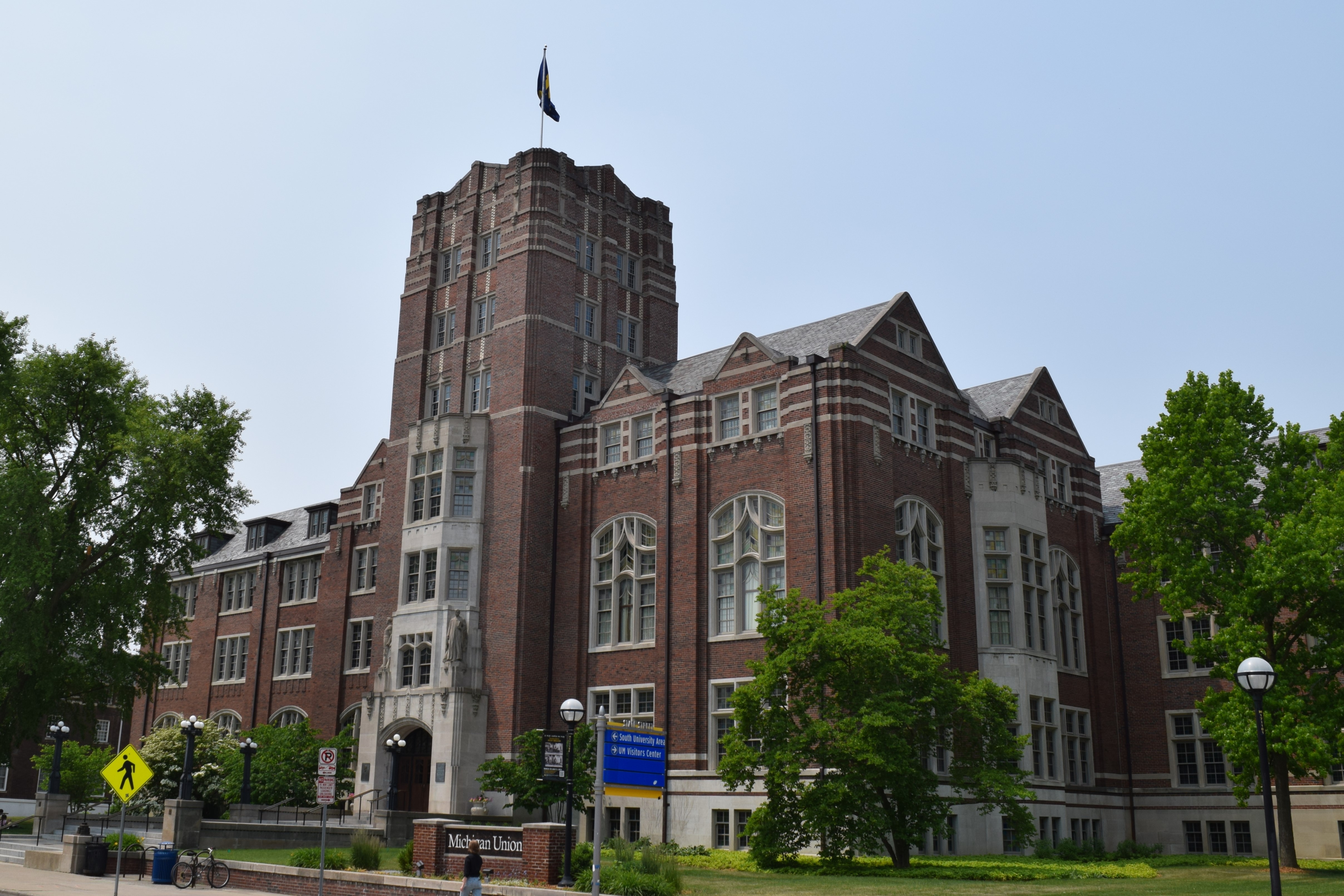The University of Michigan recently held its Winter 2024 elections for Central Student Government (CSG). Despite a relatively low turnout compared to recent CSG election cycles, the Winter 2024 cycle was marked by considerable grassroots activism amidst heightened division on campus.
Seven CSG parties filed to run in the Winter 2024 cycle, including five registered executive tickets. After official voter counting concluded, Alifa Chowdhury and Elias Atkinson, running on the ‘Shut It Down’ party’s ticket, secured the presidential and vice presidential seats, respectively. Chowdhury and Atkinson garnered 4396 votes. Terra Lafreniere and Jules Quenioux running on the ‘MomentUM’ ticket came in second place with 3451 votes.
Shut It Down won a total of 22 assembly seats alongside their victories in the Presidential and Vice Presidential elections, marking a significant shift in power in the Central Student Government. Shut It Down also won assembly seats in nearly every department, including winning eight of a possible fifteen open seats in the College of Letters, Sciences, and the Arts (LSA).
Shut It Down’s campaign message revolved around their demands for the University of Michigan to divest from any funding of Israel amidst the ongoing Israel-Palestine conflict. Shut It Down’s campaign stressed their desire to “halt CSG activity and funding disbursal” until the University takes steps to divest from what Shut It Down describes as a country committing “genocide” against Palestinians. Despite their campaign generating considerable controversy throughout the election cycle, Shut It Down was able to secure numerous endorsements from student organizations and garner considerable attention throughout the election cycle, which helped to facilitate student support and secure a major victory.
The controversy surrounding Shut It Down’s campaign continued following the official election results. Shortly after the conclusion of the election cycle, a complaint was filed against Shut It Down by several other individuals and parties that competed in the Winter 2024 cycle, including MomentUM, New Ideas, and United for Michigan. The complaint attested that Shut It Down was guilty of numerous campaign violations, including rallying within 100 feet of an Election Information Location, sending prohibited emailing, and touting false endorsements, all of which are considered violations under the university’s Election Code of Conduct. Ultimately, Shut It Down was found not guilty on all counts due to insufficient evidence.All winning candidates, including the executive ticket, were seated on April 9, 2024.
Many students, student organizations, and members of the Central Student Government have expressed concern over the potential ramifications if Shut It Down successfully implements their goal of halting CSG activity until the University commits to divesting from Israel. If CSG activities temporarily halt, this would mean that the dispersal of funds to student organizations will also stop. As a result, some student organizations that are particularly reliant on CSG funding may struggle following the freezing of CSG funding. Additionally, many have expressed concerns regarding the overall impact this campaign may have on the campus climate and its potential to increase antisemitism at Michigan’s campus.
The Michigan Review contacted several members of the Central Student Legislature for comment regarding the election results and their potential implications for future CSG functioning. Stefan Nielsen, a member of the CSG Student Assembly representing the Rackham Graduate School, expressed his opinion regarding the CSG election results and their potential implications:
“Though my own time in CSG has been short, I have not heard of another election in recent memory where the outcome has been so drastically affected by a single party previously uninvolved with CSG. Their core platform revolved around shutting down student government, withholding funding from student organizations, and freezing all meaningful operations and resources available through CSG to students as another avenue to pressure the University into divesting from Israeli corporations and defense companies. The election brought out thousands more voters than normal, highlighting the importance people place on pushing for divestment in relation to the current Israel-Palestine conflict. In my mind, CSG is a government for and by the students of the University of Michigan, and if it can no longer directly serve the students it claims to represent, it is no longer the institution it claims to be.”
The short-term future of the CSG appears unknown. While Shut It Down did not secure an absolute majority in the CSG assembly, it is clear that the party and its elected members have substantial power to enact, or at the very minimum advance, several of their key goals.
As the 2024 general election inches closer, it can be expected that student activism and political campaigning at the University of Michigan will exponentially increase, especially during the Fall 2024 semester. If Shut It Down successfully enacts a shutdown of CSG, this could have drastic implications for some student organizations and student support. Shut It Down’s victory may also shed light on student sentiment regarding polarizing political topics leading up to the 2024 election cycle.
